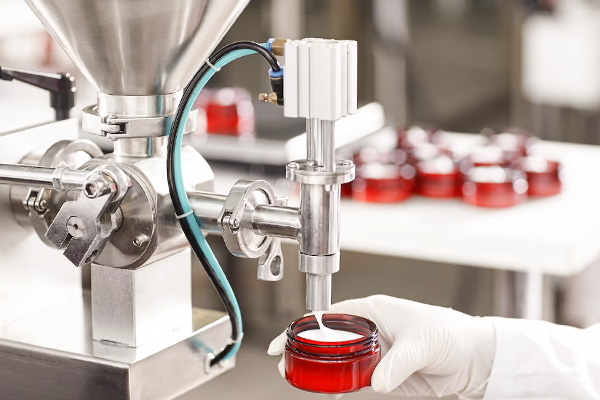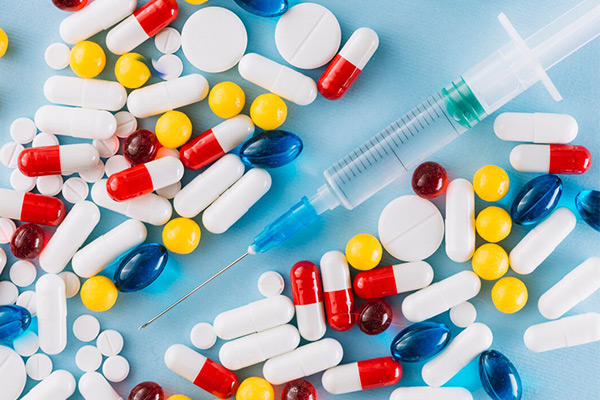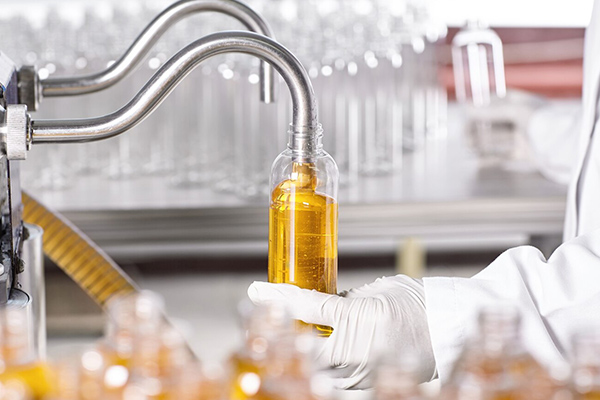Propylene Glycol Supplier
As a leading supplier of propylene glycol, we provide high-quality products tailored to meet the diverse needs of our clients. Our propylene glycol is used in various industries, including pharmaceuticals, food and beverage, cosmetics, and automotive, ensuring consistent performance and reliability.
Why Choose Us?
- Quality: High purity, reliable
- Expertise: Industry knowledge, technical support
- Service: Timely delivery, customer care
- Flexibility: Customized solutions, diverse applications
- Compliance: Meets regulatory standards, safety assurance
Propylene Glycol (PG)
Industrial grade is used in antifreeze and de-icing solutions, while USP grade is used in pharmaceuticals, food, and cosmetics for its high purity and safety. Other forms like propylene glycol alginate (PGA) serve as food additives and stabilizers.
Types of Propylene Glycol
Propylene glycol is available in different types, each propylene glycol has specific characteristics and applications, making them suitable for various industrial, pharmaceutical, and food-related uses.

Industrial Grade Propylene Glycol
- Uses: Antifreeze, de-icing solutions, and industrial applications.
- Properties: High purity, suitable for heavy-duty and technical uses.

USP Grade Propylene Glycol
- Uses: Pharmaceuticals, food, cosmetics, and personal care products.
- Properties: High purity, safe for ingestion and topical application.

Propylene Glycol Alginate (PGA)
- Uses: Food industry, especially in salad dressings, sauces, and beverages.
- Properties: Acts as a stabilizer, thickener, and emulsifier.
Functions of Propylene Glycol
Propylene glycol serves several functions across various industries:
Solvent
- Used to dissolve and stabilize other substances in pharmaceuticals, cosmetics, and food products.
Humectant
- Attracts and retains moisture, keeping products like food, tobacco, and cosmetics from drying out.
Antifreeze
- Lowers the freezing point in applications like automotive antifreeze and de-icing solutions.
Carrier Fluid
- Transports flavors, colors, and fragrances in food and cosmetic products.
Stabilizer
- Helps maintain the stability and consistency of formulations in products such as salad dressings and sauces.
Applications of Propylene Glycol
Propylene glycol has a wide range of applications across various industries:

Pharmaceuticals
- Uses: Solvent, stabilizer
- Products: Medications, creams

Food and Beverage
- Uses: Humectant, flavor carrier
- Products: Baked goods, soft drinks

Cosmetics and Personal Care
- Uses: Moisturizer, solvent
- Products: Lotions, shampoos

Industrial
- Uses: Antifreeze, coolant
- Products: De-icing solutions, industrial processes

Tobacco
- Uses: Humectant
- Products: Tobacco products

Automotive
- Uses: Brake fluids, antifreeze
- Products: Hydraulic fluids, coolant systems
Get in Touch with Us Now
FAQs
1.What is propylene glycol used for?
Propylene glycol is widely used across industries: pharmaceuticals for its solvent and carrier properties, food and beverages as a humectant and flavor carrier, cosmetics for its moisturizing and stabilizing effects, and industrial applications as an antifreeze and coolant.
2.Why is propylene glycol so expensive?
Propylene glycol is expensive due to high production costs, stringent purity standards, and strong demand across multiple industries. Additionally, regulatory compliance and specialized logistics contribute to the higher price.
3.Is it legal to use propylene glycol?
Yes, propylene glycol is legal to use and is widely utilized in industries such as food, pharmaceuticals, cosmetics, and industrial applications. Its use must comply with relevant regulations and guidelines to ensure safety and proper handling.
4.Why is propylene glycol banned in Europe?
Propylene glycol is not banned in Europe. However, its use is carefully regulated to ensure safety, particularly in food, pharmaceuticals, and cosmetics. Regulations are in place to control the concentration levels and ensure that it meets specific purity and safety standards to protect consumer health. Misconceptions may arise from confusing it with ethylene glycol, a toxic compound that is restricted in many applications.
5.Is propylene glycol harmful to humans?
Propylene glycol is generally safe for humans when used in appropriate amounts and is widely utilized in food, pharmaceuticals, and cosmetics. Regulatory bodies like the FDA and EFSA recognize it as safe. However, excessive exposure can lead to minor health issues such as skin irritation or allergic reactions in sensitive individuals. In large quantities, it could cause more serious effects, but such instances are rare in typical consumer product use.
